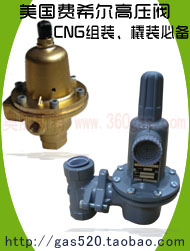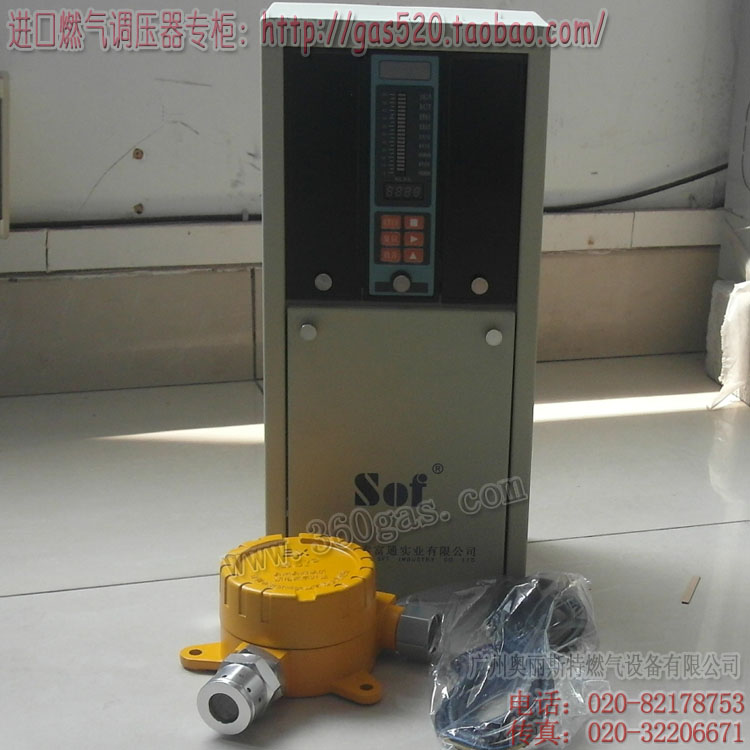位置:首页 > 燃气资讯 > Philippines Bio-LN
Philippines Bio-LNG Plant Inaugurated
浏览次数 734 , 日期 2014-04-14 , 燃气设备 加入收藏
Renewable fuel for 200 buses or heavy trucks per year
Aseagas, the joint venture company of the Philippines-based Aboitiz Equity Ventures (AEV) and UK-based Gazasia Ltd, has marked the site of the first Aseagas bio-methane digestion plant in the Philippines with a tree planting ceremony on March 18. The plant in Lian, Batangas is the first of several plants planned for the Philippines by Aseagas and will produce biogas from organic waste. The biogas will then be processed to generate liquid biomethane to be utilised as a clean, renewable, carbon neutral, road transport fuel.
Richard Lilleystone, CEO Gazasia Ltd was accompanied by Sabin Aboitiz and Juan Alfonso, President and Chief Operating Officer respectively of Aseagas Corporation at the ceremony. Alfonso said plant construction will commence in June and is expected to be completed by end of 2015.
The initial USD 47 million plant is situated next to Absolut Distillers Inc., a subsidiary of the Lucia Tan Group. Aseagas will take effluent from the distillery and process it through an anaerobic digestion facility. The resulting liquid will then be further processed to remove the remaining pollutants. AEV estimates that the facility will have an annual capacity of 9,000 metric tons of biomethane, fuelling up to 200 buses or heavy trucks per year. Aseagas plans to sell the Liquefied Natural Gas (LNG) fuel to fleet owners who want to build up capacity in gas-operated vehicles at a cheaper price than diesel.
“This new undertaking is part of Aboitiz’s commitment to its sustainability platform of people, planet and profit. Aseagas focuses on all three,” said Sabin Aboitiz, president of Aseagas.
The announcement of this first plant coincides with an alarming message from the UN Industrial Development Organisation that air pollution now causes more deaths than AIDs, malaria and diabetes combined. Separately, the World Health Organisation estimates that 7 million deaths resulted from outdoor air pollution in 2012, with Asia accounting for 3.3 million of these.
The global population has now topped 7 billion and according to the UN, is set to grow to 9 billion by 2040, leading to an exponential increase in consumer demand for energy and fuel. The US Environmental Protection Agency estimates that a typical passenger vehicle emits on average 5.1 metric tons of carbon dioxide per year. In Manila for example, studies have shown that 80 per cent of its pollution comes from fossil fuel powered vehicles. The provision of practical alternatives is therefore critical.
Compared to diesel, biomethane is a very clean burning fuel offering over 90% reduction in particulate matter emissions, over 60% reduction in nitrogen oxide, and a 50% reduction in sulphur dioxide emissions. Generating biomethane from biodegradable waste will also help alleviate the escalating burden of waste in Asia’s rapidly growing cities and facilitate sustainable waste management.
Richard Lilleystone, CEO of Gazasia commented, “Gazasia is committed to the challenging imperative of improving air quality and mitigating greenhouse gas emissions. Our specialist team has the knowledge and experience to work with its strategic partners to enable the successful development of this increasingly important market sector. We believe our program will help make cities greener, cleaner and healthier for their current and future citizens.”
Aseagas, the joint venture company of the Philippines-based Aboitiz Equity Ventures (AEV) and UK-based Gazasia Ltd, has marked the site of the first Aseagas bio-methane digestion plant in the Philippines with a tree planting ceremony on March 18. The plant in Lian, Batangas is the first of several plants planned for the Philippines by Aseagas and will produce biogas from organic waste. The biogas will then be processed to generate liquid biomethane to be utilised as a clean, renewable, carbon neutral, road transport fuel.
Richard Lilleystone, CEO Gazasia Ltd was accompanied by Sabin Aboitiz and Juan Alfonso, President and Chief Operating Officer respectively of Aseagas Corporation at the ceremony. Alfonso said plant construction will commence in June and is expected to be completed by end of 2015.
The initial USD 47 million plant is situated next to Absolut Distillers Inc., a subsidiary of the Lucia Tan Group. Aseagas will take effluent from the distillery and process it through an anaerobic digestion facility. The resulting liquid will then be further processed to remove the remaining pollutants. AEV estimates that the facility will have an annual capacity of 9,000 metric tons of biomethane, fuelling up to 200 buses or heavy trucks per year. Aseagas plans to sell the Liquefied Natural Gas (LNG) fuel to fleet owners who want to build up capacity in gas-operated vehicles at a cheaper price than diesel.
“This new undertaking is part of Aboitiz’s commitment to its sustainability platform of people, planet and profit. Aseagas focuses on all three,” said Sabin Aboitiz, president of Aseagas.
The announcement of this first plant coincides with an alarming message from the UN Industrial Development Organisation that air pollution now causes more deaths than AIDs, malaria and diabetes combined. Separately, the World Health Organisation estimates that 7 million deaths resulted from outdoor air pollution in 2012, with Asia accounting for 3.3 million of these.
The global population has now topped 7 billion and according to the UN, is set to grow to 9 billion by 2040, leading to an exponential increase in consumer demand for energy and fuel. The US Environmental Protection Agency estimates that a typical passenger vehicle emits on average 5.1 metric tons of carbon dioxide per year. In Manila for example, studies have shown that 80 per cent of its pollution comes from fossil fuel powered vehicles. The provision of practical alternatives is therefore critical.
Compared to diesel, biomethane is a very clean burning fuel offering over 90% reduction in particulate matter emissions, over 60% reduction in nitrogen oxide, and a 50% reduction in sulphur dioxide emissions. Generating biomethane from biodegradable waste will also help alleviate the escalating burden of waste in Asia’s rapidly growing cities and facilitate sustainable waste management.
Richard Lilleystone, CEO of Gazasia commented, “Gazasia is committed to the challenging imperative of improving air quality and mitigating greenhouse gas emissions. Our specialist team has the knowledge and experience to work with its strategic partners to enable the successful development of this increasingly important market sector. We believe our program will help make cities greener, cleaner and healthier for their current and future citizens.”








